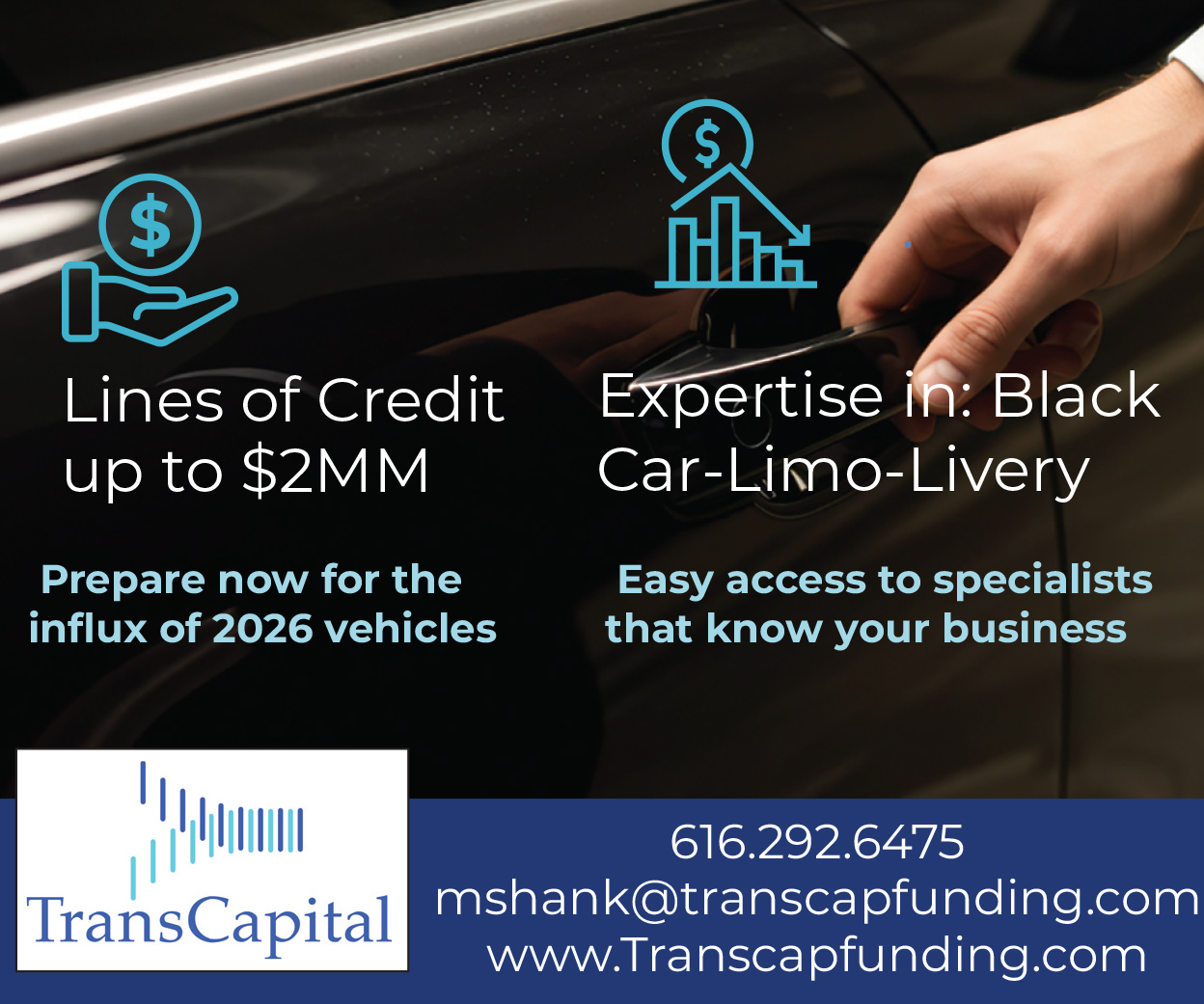Almost four years ago, the Massachusetts attorney general’s office filed a lawsuit against Uber and Lyft, seeking a court ruling that their drivers are employees under state law. Then Attorney General Maura Healey, who is now the state’s governor, launched the lawsuit in 2020, alleging the app-hail companies were boosting their profits by treating drivers as contractors and denying them benefits that employees would receive.
On June 27, 2024, Uber and Lyft announced that a settlement was reached with Massachusetts state prosecutors. In exchange for permitting their drivers to stay classified as independent contractors – not employees – both companies will pay a $175 million settlement, and most of all, the drivers will be entitled to significant benefits. Uber will pay $148 million and $27 million will come from Lyft.
The Massachusetts attorney general’s office claimed that Uber and Lyft could not meet the so-called “ABC Test.” This test determines whether a worker is an employee or independent contractor. In Massachusetts, every individual who performs services for another party is classified as an employee unless:
- the individual is free from the alleged employer’s direction or control;
- the services the worker performs are outside the usual course of the employer’s business; and
- the worker is customarily engaged in an independently established trade, occupation, or business of the same nature as the service performed for the party.
While Uber and Lyft tout themselves as technology companies, rather than transportation providers, courts around the country have found the services their drivers perform are not outside the usual course of their business. This placed Uber and Lyft in the position it has been in many times before, namely having to give up something to have their drivers remain classified as independent contractors.
In addition to the $175 million dollars, the majority of which will be distributed to current and former app-hail drivers, Uber and Lyft will have to provide the following benefits:
- Minimum Wage Standard. The settlement requires the companies to pay the drivers at least $32.50 per hour for the time spent traveling to pick up riders and driving them to their destination. This hourly floor does not apply to the time drivers wait between rides. This rate will be adjusted annually for inflation.
- Paid sick time. Drivers will earn up to one hour of sick pay for every 30 hours worked, up to a maximum of 40 hours per year, and be able to use the leave consistent with the existing paid sick leave statute.
- Paid Family and Medical Leave. Drivers will now receive a stipend to buy into the Commonwealth’s Paid Family and Medical Leave program as independent contractors.
- Health insurance. Drivers will be able to pool their hours together to obtain a health insurance stipend if they drive for more than 15 hours per week.
- Occupational accident insurance. Drivers will now be eligible to receive up to $1 million in coverage for work-related injuries. This insurance will be paid for by Uber and Lyft.
- Trip Details. Drivers will be provided with information about the length of each trip, the destination, and the expected earnings before they are expected to accept a ride.
The parties also agreed on other provisions, including protections for discrimination (race, religion, national origin, sex, sexual orientation, gender identity, disability or other protected characteristic) and retaliation protections for drivers who have or are perceived to have filed a complaint about the companies with the Attorney General’s Office. Uber and Lyft will also have to provide the Massachusetts Attorney General’s Office with the information it needs to perform an annual audit to ensure compliance with the settlement agreement. A copy of the Settlement Agreement can be found by clicking this link: https://www.mass.gov/doc/attorney-general-and-uberlyft-settlement-agreement/download
So, the main question is why Uber and Lyft agreed to this settlement. As has been done in many other parts of the country, the settlement avoids a potentially negative decision on the classification of app-hail drivers. If Uber and Lyft’s drivers were classified as employees, such could have a catastrophic effect on the company. Such an effect may not be limited to Massachusetts. The Commonwealth agreed to the compromise because Uber and Lyft agreed to withdraw their support for a referendum on the 2024 Massachusetts state ballot which seeks to codify gig workers as independent contractors under state law. The companies were obviously eager to temper classification issues through state-level negotiations as they sought to curb overhead costs to sustain their business model.
I believe this is the perfect time for each state to create a portable benefits fund. It can serve as a model for other companies operating in the gig economy and could influence similar case outcomes in other states. For years, I have been saying that such a model (portable gig economy benefits), if implemented preemptively, could help stave off widespread litigation and reclassification efforts.
While this is not a new operating model, as the New York Black Car Fund and the New York Livery Fund have been providing some benefits to drivers long before Uber and Lyft were ever created, it is a laudable goal to ensure that those who work in the gig economy have a safety net. This type of operating model balances both flexibility and benefits. While this may not right all the wrongs of the past, it is surely a good place to start.
I wish we could see more law and policymakers supporting portable benefits and innovative frameworks to improve independent work of all kinds within the gig economy. Governments can enact legislation to develop and oversee the establishment of a portable benefits system. With a portable system, essential benefits would be tied to the individual worker rather than the employer. A wide range of benefits could be made portable, including health insurance, retirement, training programs, and childcare allowances. These portable benefits would provide more financial security to freelancers in all kinds of industries.

